
BANJUL, 7 July (IRIN) - As The Gambia gears up for presidential elections in September questions are being raised about the preparations for the polls, but a clampdown on local journalists means independent scrutiny is in short supply.
In an interview with IRIN, the leader of the opposition United Democratic Party (UDP), Ousainu Darboe, alleged there are problems with the way new voters are being registered.
 He alleged people from the Casamance region of neighbouring Senegal and from flat-broke Guinea-Bissau further south are being registered to vote. Tax breaks, the promise of smoother immigration procedures, and cash are all being used to lure people in, he said.
He alleged people from the Casamance region of neighbouring Senegal and from flat-broke Guinea-Bissau further south are being registered to vote. Tax breaks, the promise of smoother immigration procedures, and cash are all being used to lure people in, he said.
"Anyone can get an identity card in 30 minutes. They are being indiscriminately issued, sometimes from private residences," Darboe said.
Darboe also told IRIN a pledge by the government not to use government cars, civil servants and other resources for campaigning is being violated.
His complaints echo those he made after coming second in the last presidential elections in 2001.
Gambia is a tiny English-speaking West African state of 1.5 million people, sandwiched by vastly larger French-speaking Senegal.
President Yahya Jammeh has ruled the country since seizing power in a coup in 1994. Originally promising to stay in place for no longer than two years, in 1996 Jammeh pushed through a new constitution transforming his military dictatorship into a nominally civilian administration. But he won elections in 2001 that were described as generally free and fair.
CONFIRMATION
Sam Sarr, editor-in-chief of the bi-weekly Foroyaa newspaper, said Darboe's allegations about interference with voter registration are true.
"It is a filthy process," he said. "People flock into this area because of the war in Casamance or from Guinea-Bissau for economic reasons. Then they are mobilised by the ruling party to go and register so they can mobilise them again during the election to vote for them."
Sarr said by the time the elections come he expects tens of thousands of foreigners will have been registered to take part in Gambia's unique elections process, which involves voters dropping a marble into a barrel rigged with a bell at the bottom.
The bell is supposed to stop multiple voting. Bicycles are banned from polling stations to avoid confusion with their bells. Despite the unusual system, national and international election observers said in 2001 that there were no major problems on voting day.
Nonetheless, "you cannot say the election is free and fair," Sarr said.
"It is only free and fair in the sense that no one is intimidated as to whom they have to vote for. You can walk freely into a booth and cast your vote. But all of this [registration] process is influenced," Sarr said.
"Really, there is no level playing field here," he said.
In previous elections, the government has denied allegations that the registration process has been manipulated, and pointed out that legal checks and balances do exist.
But if Darboe's and Sarr's allegations are true, the flawed registration process could play a decisive role in deciding who gets to occupy Banjul's leafy presidency after September.
In the 2001 presidential poll, Yammeh won with just 20,000 votes to spare, garnering 53 percent of the vote.
Since then, the rules have been changed to make the first person to get a clear majority over another party the winner, even if that is by just one vote.
Before, a party had to get a clear 50 percent of the vote, meaning elections often ran to more than one round and hastily-constructed coalitions were common.
Gambians, the 27th poorest people in the world according to the UN, have seen the price of their staple food rice rocket from 125 dalasis a sack in the mid-1990s to 750 dalasis today, while wages have stagnated at around 1,500 dalasis per month (US $5.50).
NO CRITICISM
A clampdown on the media means that criticism, especially in the local Mandinka, Fula and Wolof languages, is likely to remain next to non-existent.
One of the country's two broadsheet English-language newspapers was closed down in March and its editor thrown in jail for three weeks.
Madi Ceesay, the editor in question, who is also president of the Gambia Press Union, told IRIN he thinks he was arrested for publishing details of a coup attempt. It was his third arrest as a journalist in Gambia.
Ceesay has refused to flee the country but does not want to go back to prison, which is why he prefers to remains silent about his 22-day stay there. "My experience is not a pleasant one," he said.
Although he was harmed physically, Ceesay might consider himself to have gotten off lightly. In December 2004 the editor of The Point newspaper, Deyda Hydara, was shot dead in his car. The hitman has never been found.
A correspondent for the BBC received death threats in 2004, and his house was burned down while he slept, when he kept reporting. A broadcaster with the Voice of America radio station fled the country after being continually harassed, and a member of the National Assembly was thrown in jail for contributing to a political website in the United States.
The Gambia has been flagged as a hotspot for attacks on journalists by all the major press freedom watchdogs, including Reporters Without Borders, Article 19, the Committee to Protect Journalists and the International Press Institute.
"It has become very difficult to work here," confirmed a journalist with The Observer newspaper, the only remaining broadsheet newspaper in the country, who said he was afraid he would be arrested if his name were used by IRIN.
"Now our writing is mostly about society but never the government," he said.
TOUGH CHOICES
According to the journalist, men from the Ministry of Communications come to The Observer's office every night to pore over the next day's pages. Stories deemed sensitive are pulled out and replaced with adverts. Grave offences might get the journalist a visit from the feared National Intelligence Agency officers.
"We are frustrated and confused, we do not know what to include and what to leave out. At most we can describe problems, but never criticise the government or make it look bad," the journalist added.
Those who do not speak English will not hear much news on the radio, as the only station that dared to translate into the Mandinka and Wolof languages was closed down.
In the run-up to the last elections, opposition politician Darboe said campaigners for his party were harassed and beaten. After that poll, many of the candidates and their supporters were arrested.
But as the September election deadline nears, Sam Sarr of the Foroyaa newspaper said he wishes journalists in The Gambia and elsewhere in West Africa would take note.
"If we let ourselves be cowed, we all become tools of someone, vomiting whatever he or she wants us to say. That is not good for The Gambia or for Africa," he said.




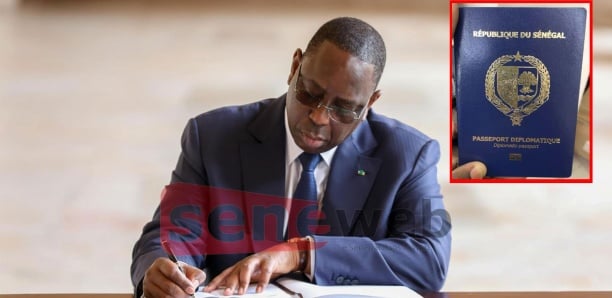
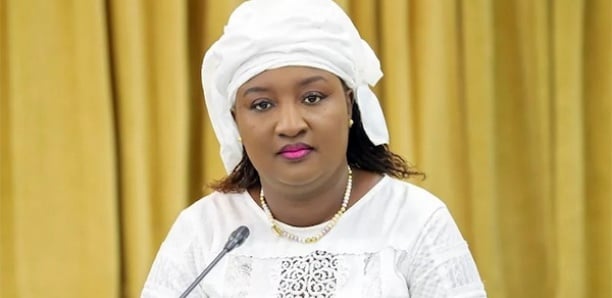

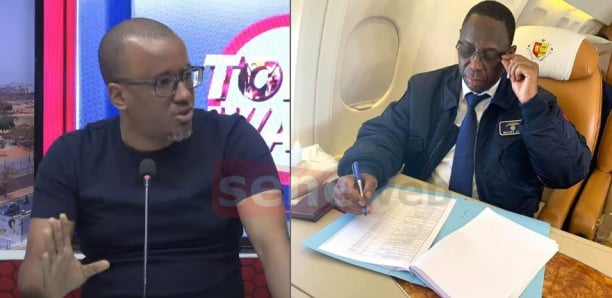
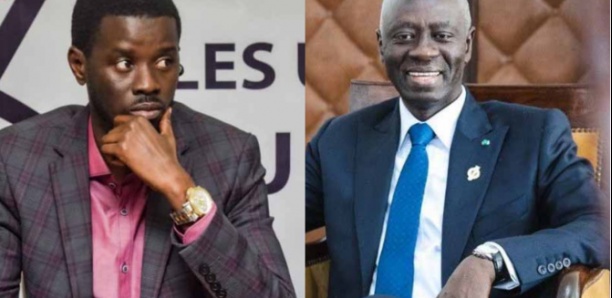

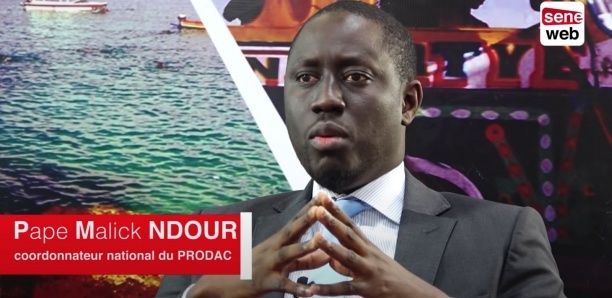
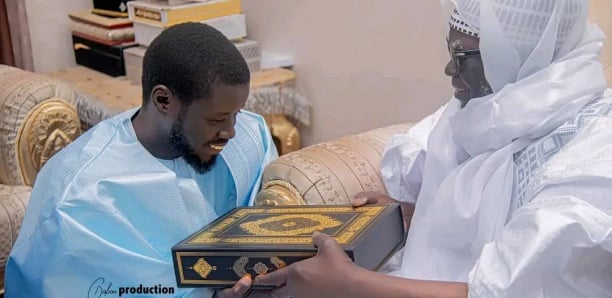



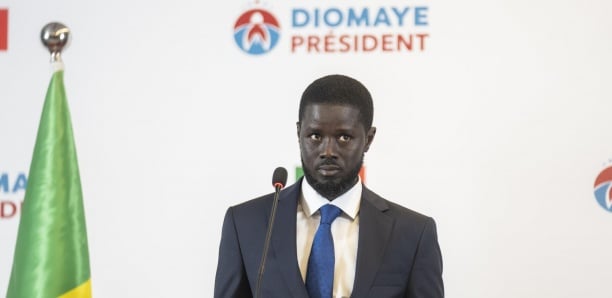


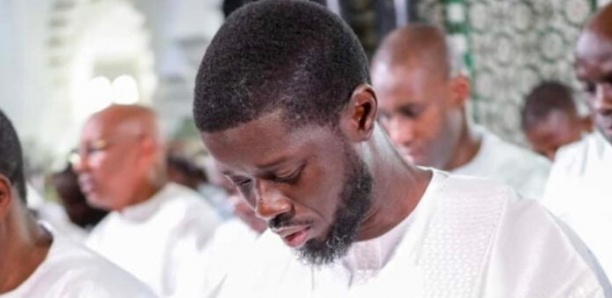

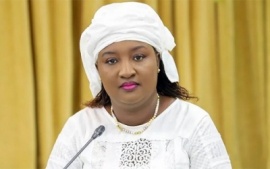
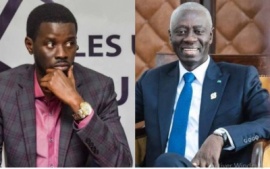

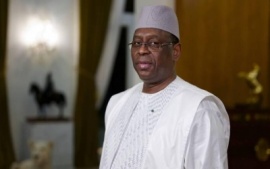

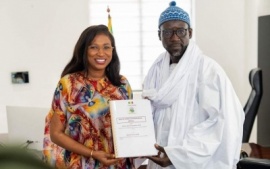
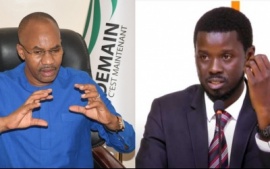

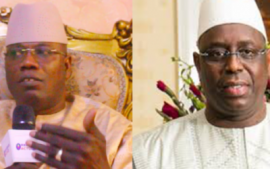

1 Commentaires
Allons Y Molo
En Octobre, 2010 (18:36 PM)Participer à la Discussion